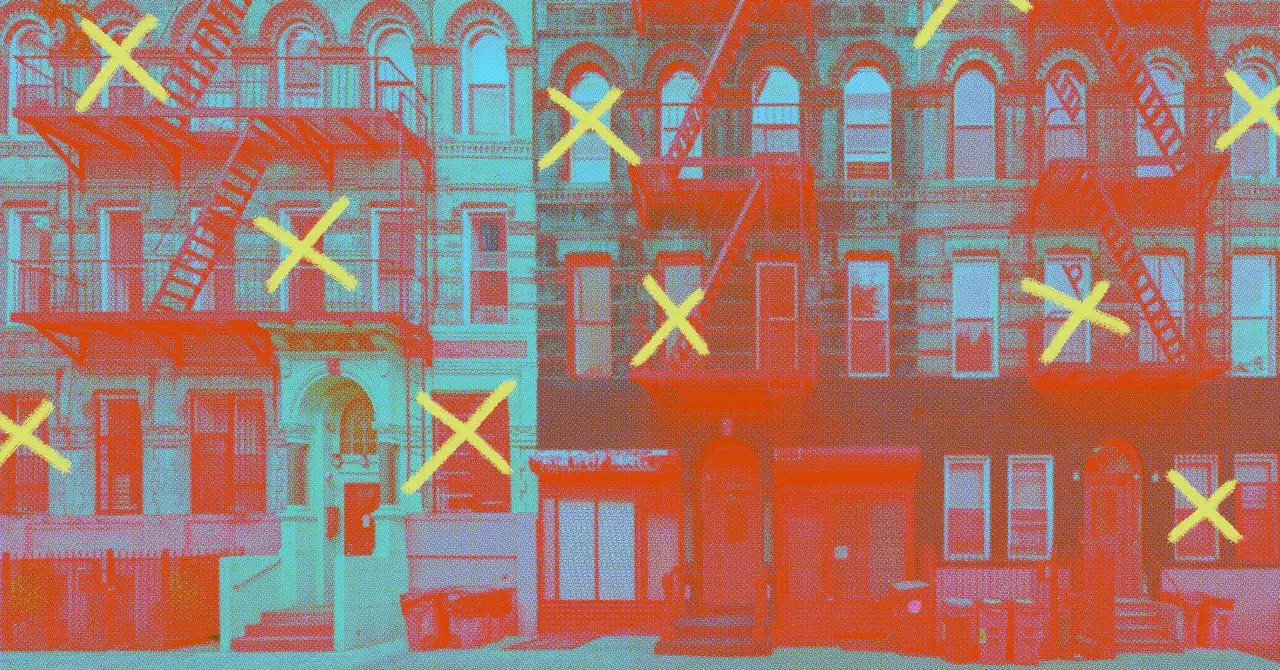It has been a year since New York implemented Local Law 18, which effectively banned most whole-apartment rentals for short-term stays on platforms like Airbnb. The goal of this law was to lower rents and open up apartments for full-time residents in the city. However, the results of this legislation have been called into question by Airbnb, as rent prices remain high and housing availability low. The company is now urging New York to reconsider the law, stating that the outcomes have not aligned with the intended goals.
According to Theo Yedinsky, the vice president of public policy at Airbnb, the data shows that the law is not achieving its desired effects. Airbnb is advocating for changes that would allow individuals to rent out their primary residence for short periods of time when they are away. They are also pushing for the removal of a regulation that prohibits locks on internal doors for stays shorter than 30 nights. These proposed changes aim to make the law more reasonable and sensible for both hosts and guests.
When New York passed Local Law 18, it was viewed as a test case for regulating short-term rentals in urban areas. Many cities around the world are facing similar challenges in managing the impact of platforms like Airbnb on their housing markets. Barcelona, for example, recently announced a complete ban on all short-term rentals starting in late 2028. These regulations aim to address issues such as noise, parties, and the potential loss of housing for local residents due to the rise of short-term rentals.
While some argue that regulations like Local Law 18 are necessary to control the negative effects of short-term rentals, others believe that they are too restrictive. These regulations not only affect large landlords but also impact small homeowners looking to earn extra income by renting out their properties. The implementation of the law in New York resulted in a significant decrease in the number of short-term rental listings on platforms like Airbnb, showing the immediate impact of the legislation.
As of July, there were approximately 5,000 short-term rentals available on Airbnb in New York, while more than 32,000 stays were listed for 30 nights or longer. This data suggests that many short-term stays have not transitioned into yearlong leases but instead remain on platforms like Airbnb as mid-length stays. The law’s effectiveness in converting short-term rentals into long-term housing solutions remains uncertain, leading to further debate on the regulation of short-term rentals in urban areas.


Leave a Reply